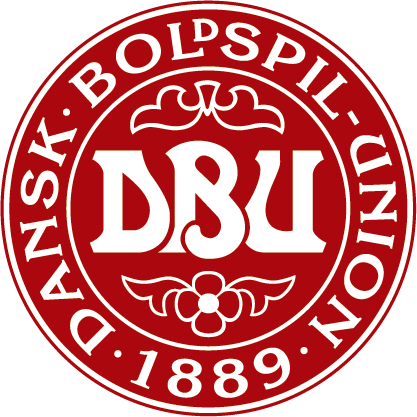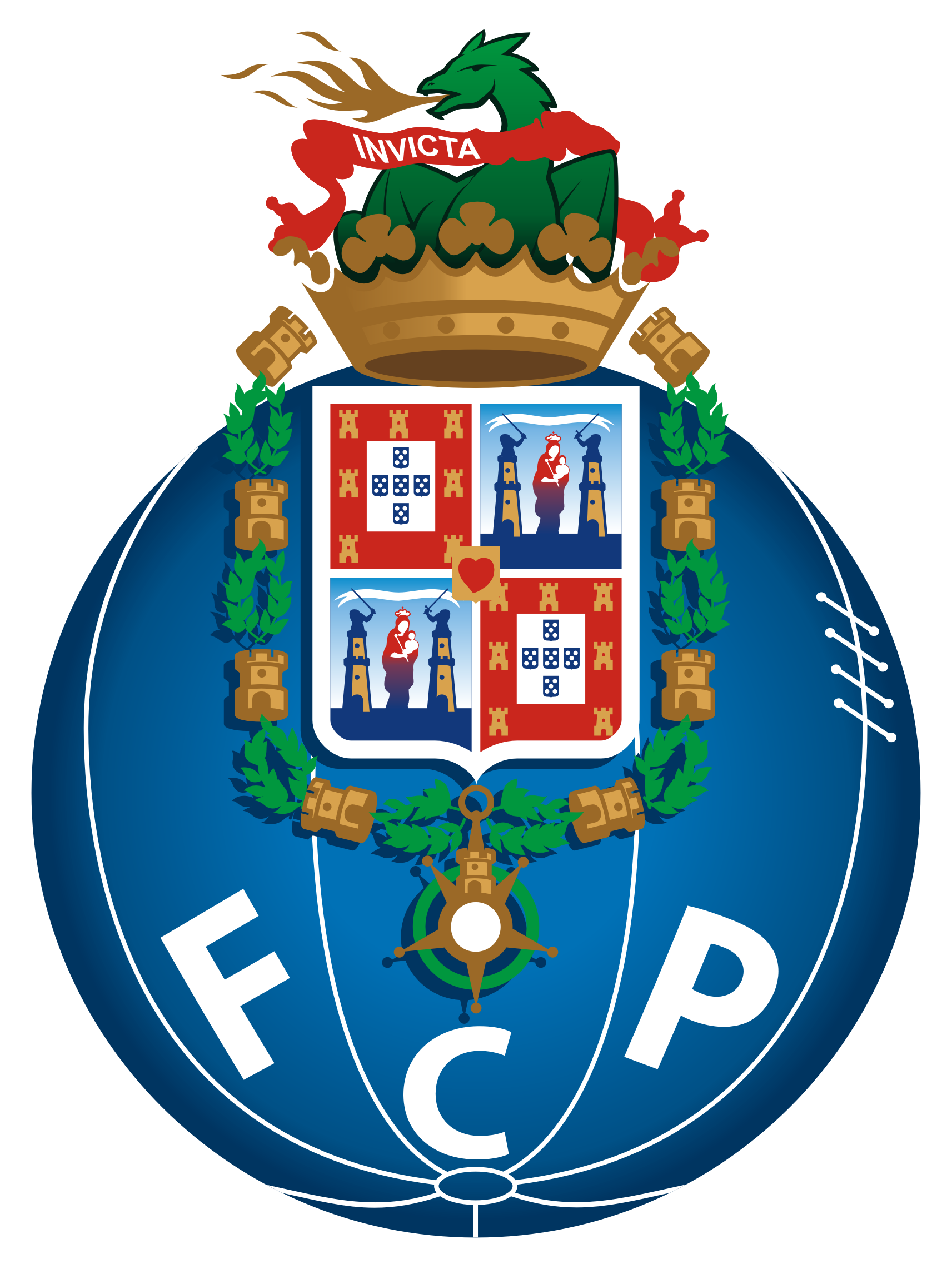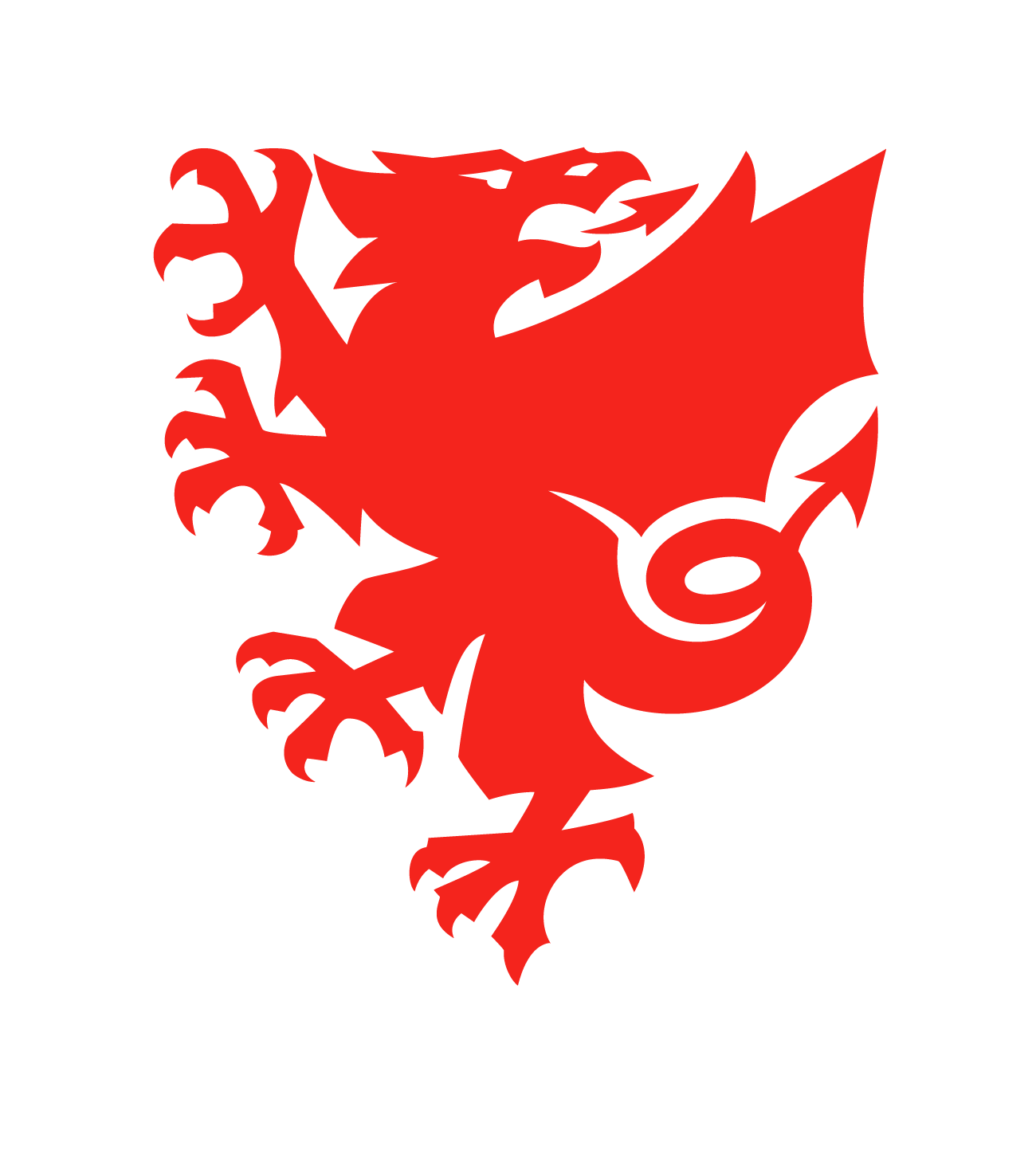FC Porto’s Circular City Committee starts to get its shape with the first meetings having taken place
February 9 marked a new milestone for FC Porto as the first meeting of the Circular City Committee (CCC) took place within the ACCESS project’s framework.
This meeting followed up on the ACCESS meeting and Multiplier Event held in Porto in September. Consequently, the counterparts were already quite familiar with the project, considering the roles they played during those events in September. However, FC Porto reminded them of what the Circular City Committee was and the role it played in the ACCESS project.
As the pilot partner of this project, FC Porto expects the local CCC to contribute to a more circular city of Porto through these collaborations and synergies with local and regional authorities. Indeed, this project will contribute to the goals of the Porto Climate Pact, promoted by the Municipality of Porto. This commitment represents a multi-stakeholder commitment aimed at achieving climate neutrality in the city of Porto by 2030.
The members that became a part of the Circular City Committee include LIPOR, the Association of Municipalities for the Sustainable Waste Management in Greater Porto, Porto Ambiente, as the Municipal Environment Company of Porto, responsible for urban waste management and public space cleaning as well as the Porto Climate Pact. Furthermore, Águas e Energia do Porto, the Municipal Company responsible for the integrated and sustainable management of the entire urban water cycle in the Municipality of Porto and AdEPorto, the private, non-ptofit Porto Energy Agency, with the status of Public Utility focusing on energy sustainability and environmental responsibility joined, too.
The meeting emphasized the importance of collaboration between these entities within the ACCESS project to achieve common sustainability goals. With the experience and knowledge of these members, FC Porto aims to promote innovative and replicable circular economy solutions among sports organisations. After analysing various possible projects, three projects with the highest potential to optimize environmental management best practices were identified: ‘Green Heart’ Certification, which aims to recognize, adopt, and implement sustainable practices in waste management, Water for Reuse (WfR), which aims to reuse water produced at the Freixo Wastewater Treatment Plant for irrigation and cleaning at the Dragão Stadium, and the Roadmap for decarbonization, aiming to mitigate climate change and achieve carbon neutrality.
All involved in this Circular City Committee believe that these projects will be emblematic for the city and the club. At the end of the meeting, it was defined that the next phase involves the development of an action plan where these different pilot tests will be identified, monitored, and evaluated before becoming new practices that positively contribute to the overall environmental impact of sports.















